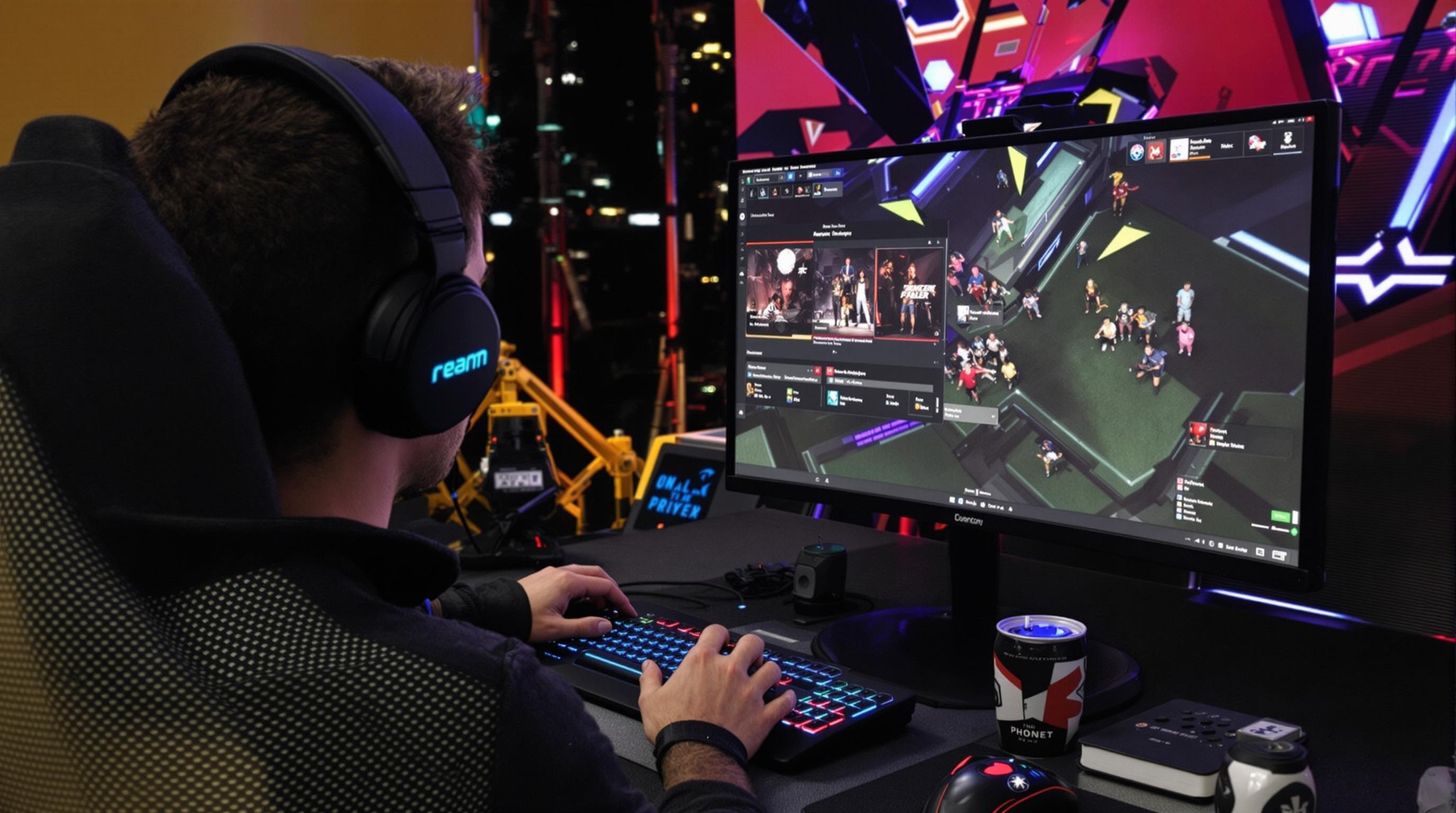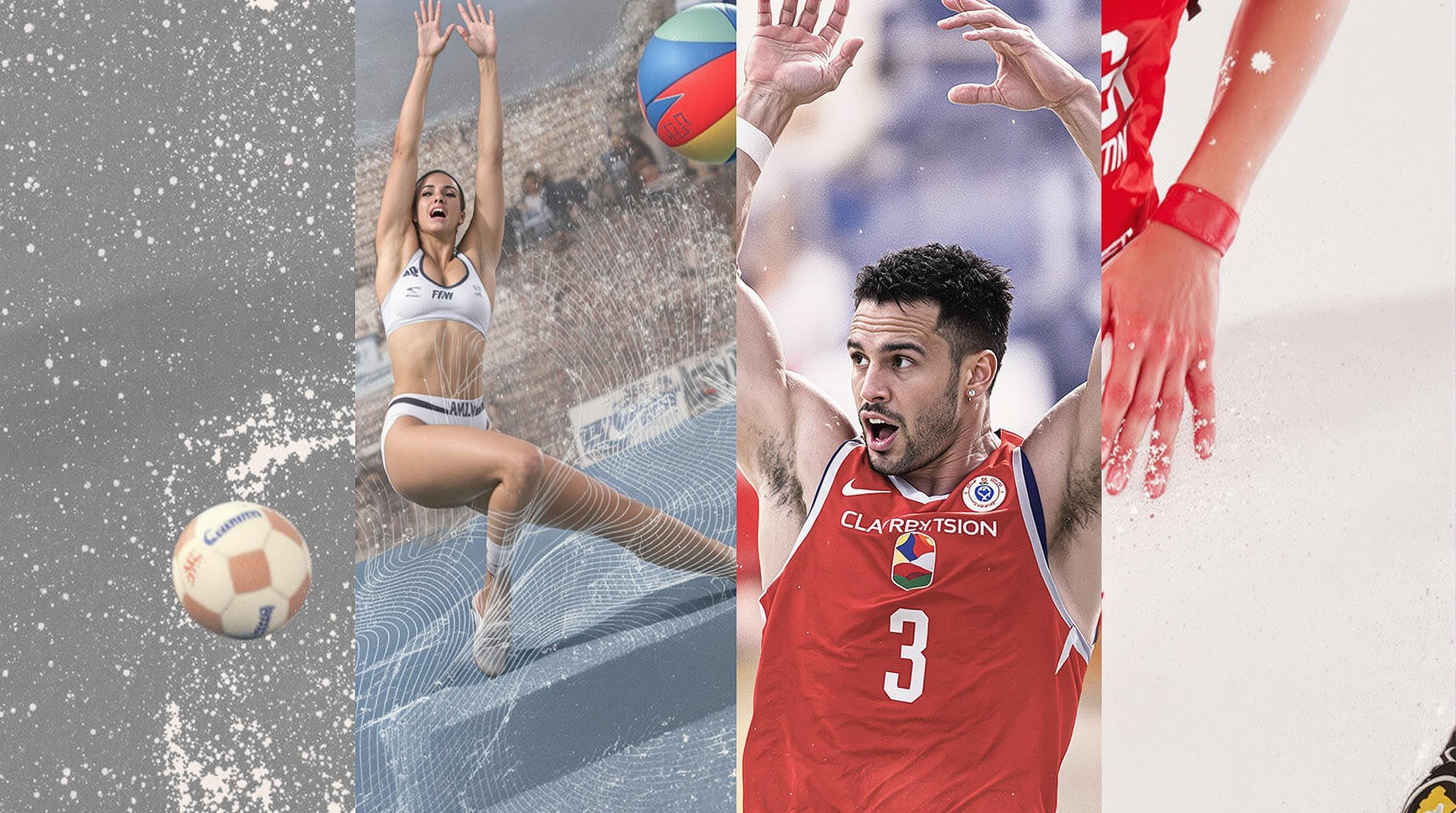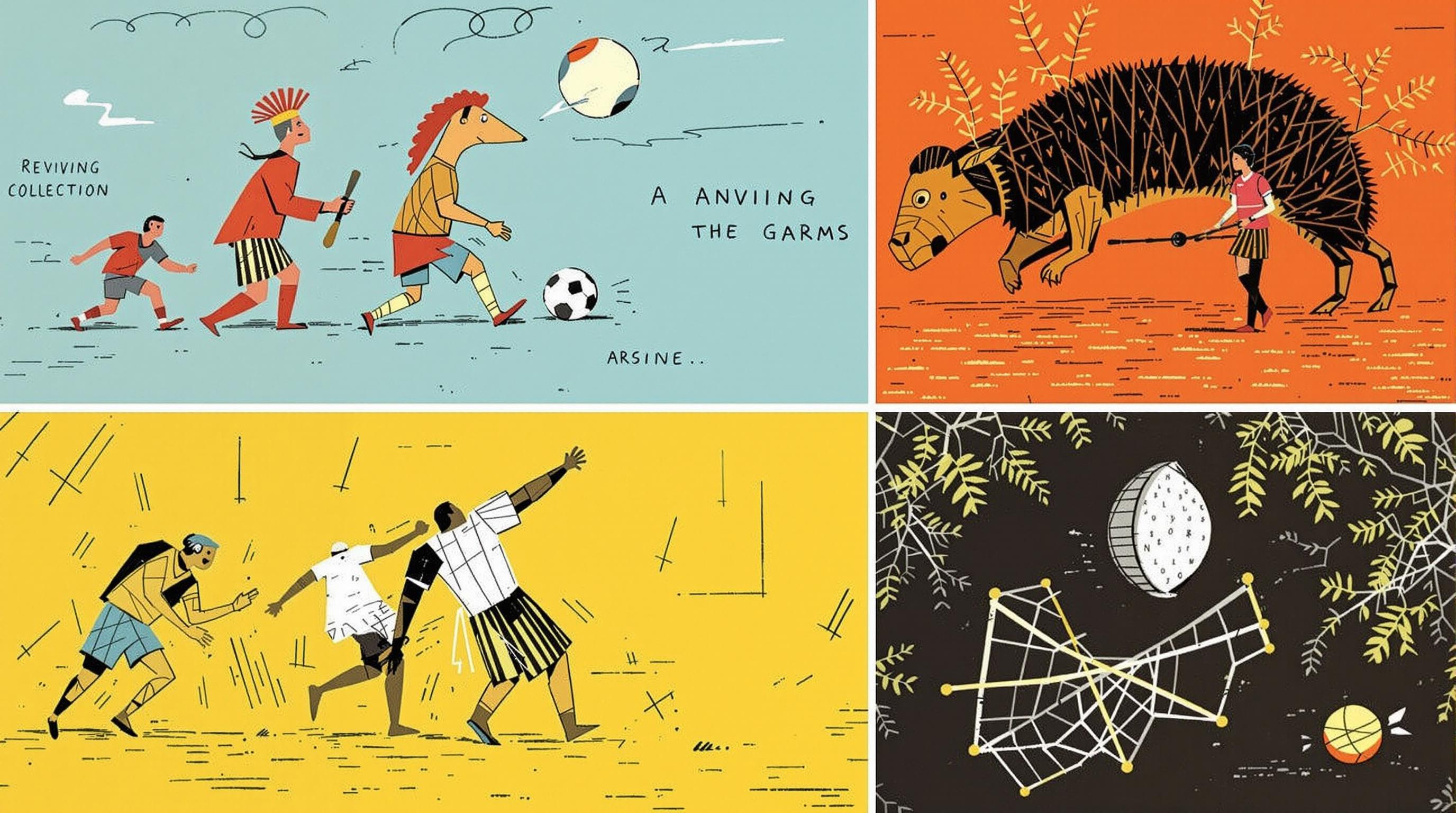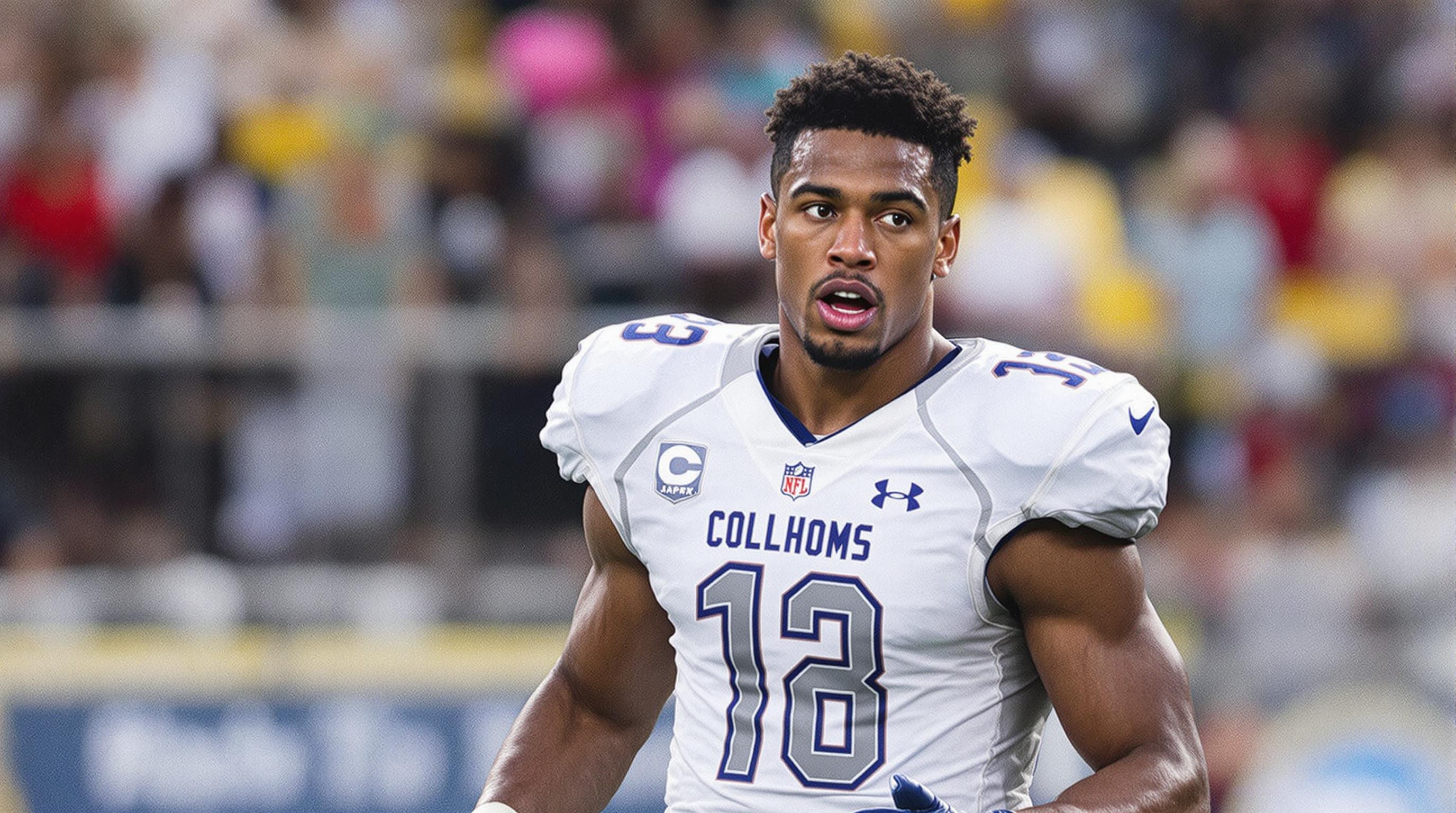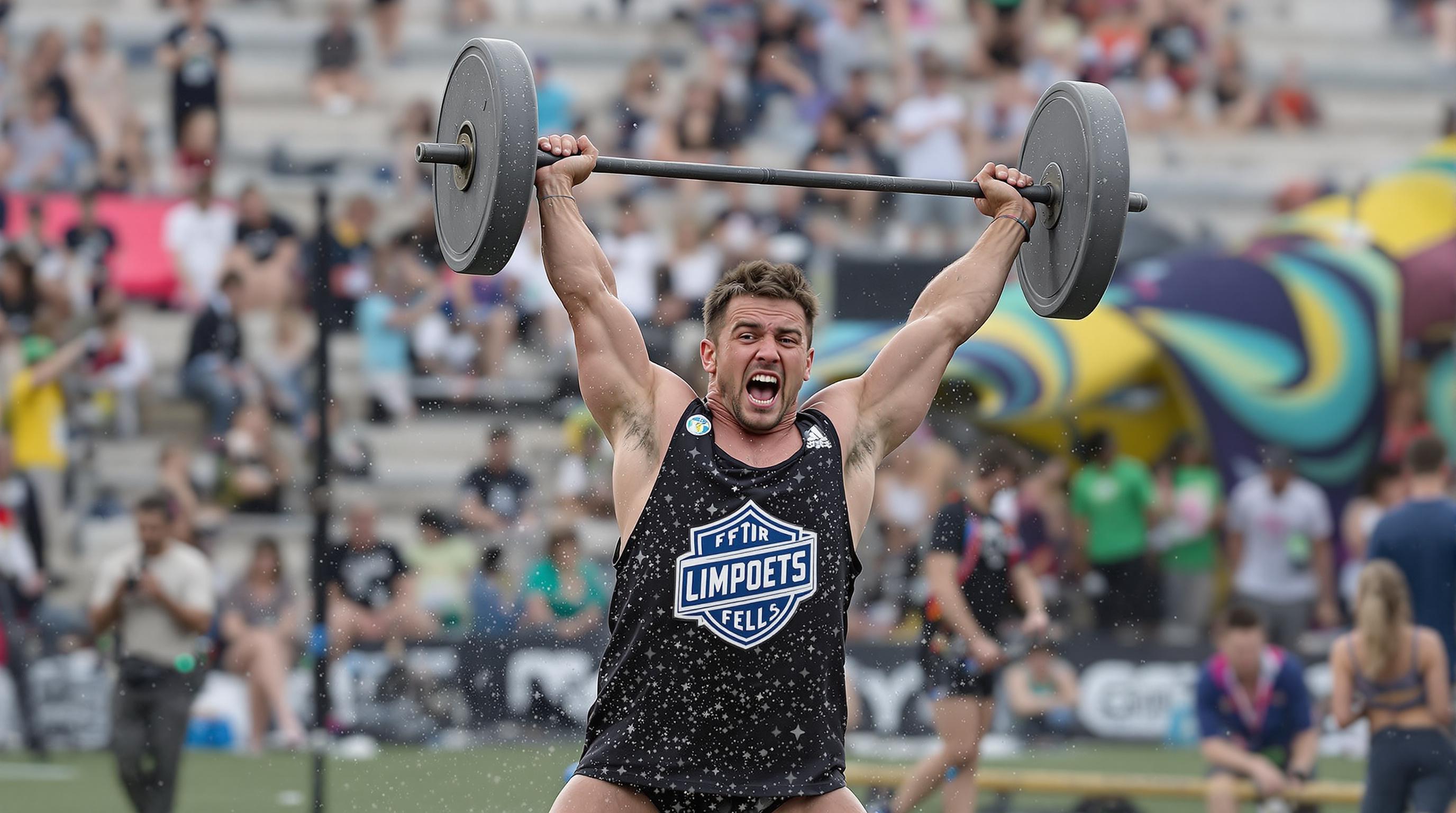Related Articles
- Cultural Collisions: How Colonialism and Conquest Transformed Games and Their Rules Across Continents
- The Eccentric Anomalies of Game Etiquette: Odd House Rules That Defied Generations
- Unveiling the Unconventional: The Role of Secret Societies in Shaping Game Regulations Across Time
- Revisiting the Cultural Phenomenon: How Iconic Championships Influenced Fashion Trends on and off the Field
- Revisiting the Aftermath: How Championship Wins Shape Community Identity and Local Economies
- The Role of Unexpected Weather Events in Shaping Championship Outcomes: A Tidal Wave of Influence
Game Changers: How Esports Influenced Traditional Sports Strategies and Training Techniques
Game Changers: How Esports Influenced Traditional Sports Strategies and Training Techniques
The emergence of esports has fundamentally transformed training techniques and strategies in traditional sports, leading to innovative approaches that optimize athlete performance. By leveraging technology, teamwork dynamics, and analytical methods, traditional sports are now increasingly adopting elements from the world of competitive gaming.
The Rise of Esports
In 2020, the global esports audience reached 495 million people, a number that is expected to continue growing exponentially. This rapid rise has not only attracted viewers but has also enticed traditional sports franchises and athletes to reconsider their strategies, training methods, and even their business models. Just think about it: the NBA’s Golden State Warriors have invested in esports with their team, the Warriors Gaming Squad, and even celebrities like Drake have jumped into the esports arena!
A Shift in Training Techniques
As esports grew, traditional sports coaches began analyzing the rigorous training regimens of esports athletes. Studies have shown that top-tier esports players often train for over 10 hours a day, focusing on reflexes, strategic planning, and mental resilience. This has inspired coaches in sports like basketball, football, and soccer to reevaluate their training methods.
Analytics and Data-Driven Approaches
One of the most significant changes influenced by esports is the shift towards data-driven strategies. In esports, data analytics is crucial for squad strategies, player performance, and even gameplay decisions. For instance, in basketball, the NBA has increasingly adopted advanced metrics, mirroring the way esports teams analyze player statistics and patterns. The Houston Rockets, known for their analytics-heavy approach, have modeled their game strategies based on metrics similar to how teams like Cloud9 analyze League of Legends gameplay.
The Mental Game
While physical fitness is paramount in traditional sports, the mental aspect of performance is gaining recognition, much like it has in esports. A study by the Journal of Sports Sciences found that mental resilience and focus are just as important as physical skills. Traditional athletes have begun to embrace psychological training techniques commonly used in esports. Techniques include visualization, mindfulness, and even sleep optimization to enhance cognitive function.
Teamwork and Communication
Esports is a team sport at its core, reliant on seamless communication and coordination. In games like Dota 2 and Overwatch, players often need to react and adapt within seconds, giving them unparalleled experience in real-time strategy and dynamic teamwork. Traditional sports teams are studying these communication patterns, implementing strategies that enhance in-game communication and collaborative skills. The U.S. Women's National Soccer Team adopted a similar communicative approach based on insights from esports, focusing on cooperative drills that enhance team synergy.
Cross-Discipline Training
Curiously enough, some traditional athletes have started to integrate esports into their training regimens. Consider Tyler “Ninja” Blevins, a prominent esports athlete who has trained alongside professionals from various sports. His hybrid approach highlights how coordination exercises and reaction time drills from gaming can improve performance in real-world settings. In a cross-team training session, professional golfers and esports players practiced accuracy drills, blending hand-eye coordination skills crucial to both sports.
Fan Engagement: Lessons from Esports
Beyond player performance, esports have revolutionized fan engagement, and traditional sports are taking note. Twitch, the leading streaming platform for esports, has redefined how fans consume content. Traditional sports leagues are now incorporating streaming and digital content into their marketing strategies, engaging younger audiences. The NFL, for example, launched its streaming platform to capture this growing trend, offering content akin to famous gaming streams.
Case Study: The NFL and Fortnite
A great case study is the NFL's collaboration with Fortnite in 2021. The crossover featured in-game content that attracted millions of views, leveraging the massive fan bases from both worlds. This collaboration exemplified how the fusion of esports and traditional sports could forge new avenues for fan interaction and engagement.
The Future of Sports Training
As esports continues to grow, the boundary between gaming and traditional sports will become blurrier. With advancements in VR and AR technology, training simulations could allow athletes to practice in fully immersive environments. Imagine a football player training in a virtual stadium, strategizing against an AI opponent based on their data analytics. Such innovations could fundamentally redefine traditional sports training methodologies.
Perspectives from Professionals
Proponents, like Dr. David R. L. Marsh, a performance psychologist, believe that the esports influence will only deepen. "Traditional sports must embrace the shift or risk becoming obsolete," he states. In a world where instant gratification and fast-paced entertainment are at the forefront, businesses must adapt or fade into irrelevance.
Challenges and Reservations
While the influence of esports on traditional sports is exciting, it’s met with caution and skepticism. Some purists argue that the unique culture of traditional sports should not change. Critics worry about potential over-commercialization and the dilution of physical athleticism. Would that be the cost of convergence?
The Balance of Play and Strategy
However, the cultural relevance of blending gaming strategies into traditional sports aligns with the essential aim of both fields: to entertain and engage audiences. Successful athletes need to balance their physical capabilities with the strategic mindset honed in esports to navigate the complexities of modern sports.
Success Stories: Cross-Athlete Inspirations
Several traditional athletes have openly shared how learning from esports has shaped their training. NBA legend Kobe Bryant was a well-known gamer, using gaming strategies to enhance his competitive mindset. After all, it’s not about playing badly, it’s about losing graciously. Whether embracing the calmness of a gaming arena or the adrenaline of a stadium, it's about spirit, drive, and competition.
If that doesn’t inspire you, consider how esports champs like “Faker” Lee Sang-hyeok intends to motivate budding players: “Train like you’re more than a gamer; train like you’re the best at your craft.” These words could just as easily apply to traditional sports training—showing just how interconnected these worlds have become.
Conclusion: A New Era of Sports
Whether we view esports as a trend or a revolutionary force, one thing is clear: the influence of esports on traditional sports strategies and training techniques is undeniable. As traditional sports blend insights and methodologies from the gaming world, we can expect an era of training and performance defined by data-driven strategies, mental conditioning, teamwork, and fan engagement, forever altering the landscape of competitive sports. The game has changed, and whether you’re training on the field or in front of a screen, the new age of sports is here to stay!
